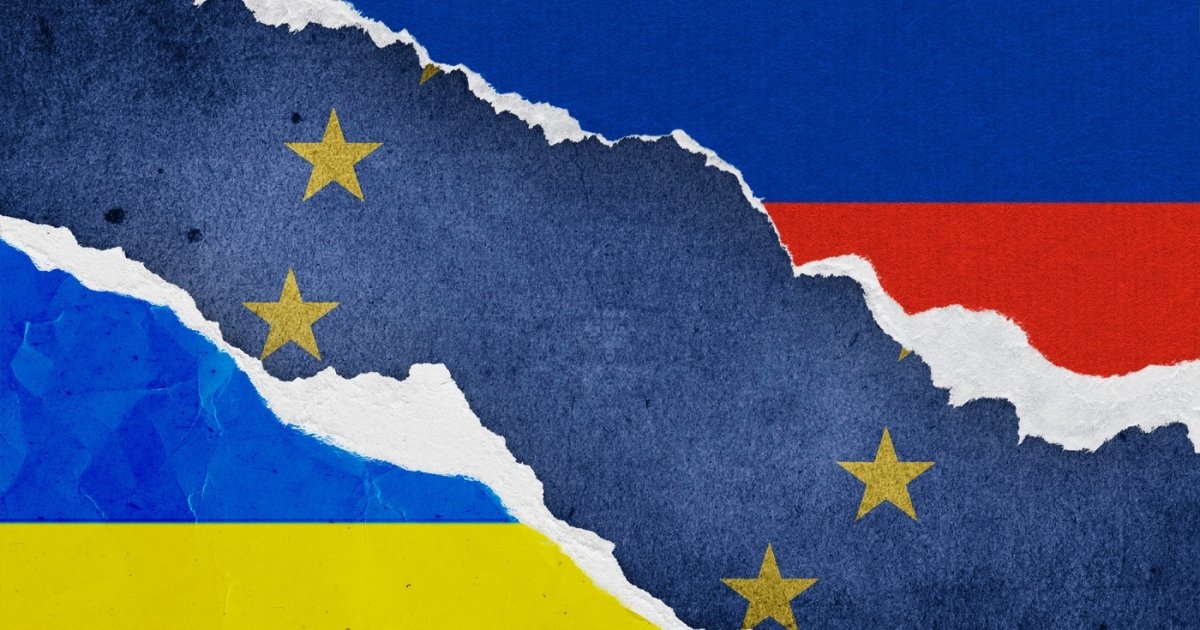The Russo-Ukraine war, which began in 2014 and escalated significantly in 2022, has had profound and far-reaching impacts on Europe. This conflict has not only altered the geopolitical landscape but has also affected economic, social, and security dynamics across the continent.
1. Historical Context and Escalation
The conflict between Russia and Ukraine has deep historical roots, but the most recent phase began in 2014 with Russia’s annexation of Crimea and the support of separatist movements in Eastern Ukraine. The situation dramatically escalated in February 2022 when Russia launched a full-scale invasion of Ukraine. This aggression was met with strong resistance from Ukrainian forces and widespread condemnation from the international community, leading to severe economic sanctions against Russia and substantial military and humanitarian aid to Ukraine from Western countries.
2. Geopolitical Shifts
The war has caused significant geopolitical shifts in Europe. NATO and the European Union have shown unprecedented unity in response to the conflict. NATO has increased its military presence in Eastern Europe to deter further Russian aggression, and several countries, including Sweden and Finland, have taken steps to join the alliance. The EU has also enhanced its defense cooperation and strategic autonomy, reflecting a renewed focus on collective security and defense capabilities.
3. Economic Consequences
The war has had major economic repercussions for Europe. Sanctions against Russia have disrupted trade, particularly in energy supplies, as Europe heavily relied on Russian oil and gas. This disruption has led to energy shortages and higher prices, contributing to inflation and economic instability across the continent. Many European countries have accelerated their efforts to diversify energy sources and increase renewable energy production to reduce dependency on Russian energy.
4. Humanitarian Impact
The humanitarian impact of the war has been severe. Millions of Ukrainians have been displaced, creating a refugee crisis in neighboring European countries. The influx of refugees has strained social services and resources in host countries, but it has also highlighted the solidarity and resilience of European societies. Efforts to support and integrate refugees have varied, with some countries receiving praise for their humanitarian response while others have faced criticism for their handling of the crisis.
5. Political Ramifications
Politically, the war has led to significant changes within European countries. It has reinforced the importance of unity and cooperation within the EU and NATO, but it has also exposed divisions regarding the approach to Russia and the extent of military support for Ukraine. Additionally, the conflict has influenced national politics, with some populist and far-right movements gaining traction by exploiting fears and uncertainties related to the war and its economic impact.
6. Security and Defense Policies
The war has prompted a reevaluation of security and defense policies across Europe. Many countries have increased their defense budgets and reconsidered their military strategies to address the new security threats posed by Russia. The conflict has also led to a greater emphasis on cyber defense and hybrid warfare, as cyberattacks and information warfare have been prominent features of the Russo-Ukraine war.
Conclusion
The Russo-Ukraine war has had profound impacts on Europe, reshaping its geopolitical landscape, economic stability, humanitarian responses, political dynamics, and security policies. The conflict has underscored the importance of unity and resilience in the face of aggression and has prompted significant changes in how Europe approaches its collective defense and energy security. As the situation continues to evolve, Europe’s responses and adaptations will play a crucial role in determining the continent’s future stability and prosperity.




